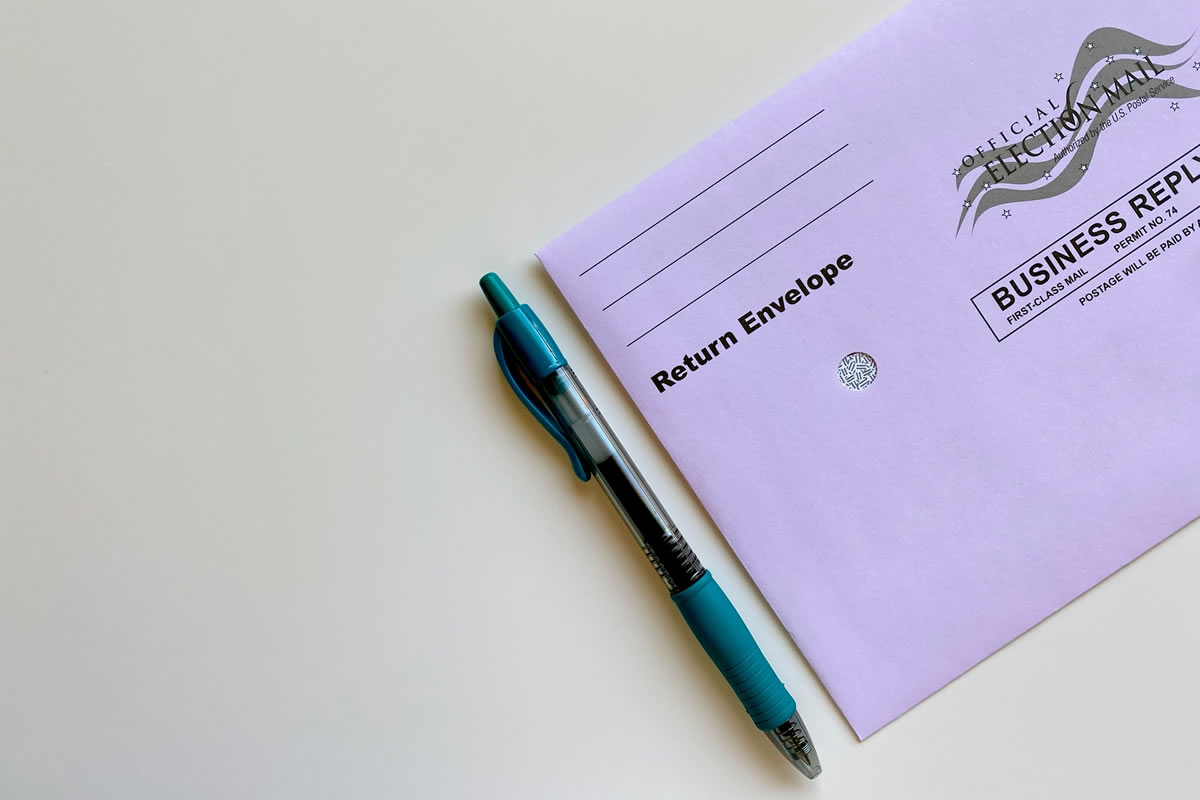
By Josh Spivak, exclusive to Statehouse Report | South Carolina may not be known as the most electorally-adventurous state, but two South Carolina legislators are hoping to change that. State Reps. Lin Bennett, R-Charleston, and Patrick Haddon, R-Greenville, are now proposing amending the state’s constitution and adopting a recall election law (H. 3256).

They are not the first to suggest adopting a recall law in the Palmetto State. Such laws were proposed to target then- Lt. Gov. Ken Ard in 2011 before he resigned and there have been periodic calls to adopt a recall since, though none of these proposals have gone anywhere. South Carolina currently stands with a small group of only 11 states to not allow the recall for any officials.
This recall law would take an expansive route. Bennett and Haddon are looking to allow it against all state level officials. Right now, only 20 states have recall laws for state level officials, though Illinois only allows it for the governor and Rhode Island exempts the legislature. Another 19 states allow the recall for local officials only.
They also are proposing what is called a political recall law – one that would allow recalls for virtually any reason. Eleven of the 20 states have this law, and these are the ones that come to mind whenever anyone thinks of a recall election – California, Wisconsin, Oregon, Michigan, Arizona, Colorado, North Dakota, New Jersey, Idaho, Rhode Island and Nevada. The other states – Alaska, Georgia, Illinois, Kansas, Minnesota, Montana and Washington — have a limit that requires the recall effort only take place for a specific set of statutory reasons, frequently due to a specified crime or malfeasance in office or incompetence. Virginia also has a similar law allowing for a “recall trial,” where a judge rules on whether the official should be removed for violating the law. These “malfeasance standard” states are much less likely to have recalls. Of the 45 of 46 state-level recalls that have taken place against state legislators, governors and others, all but one have taken place in a political recall state.
It would be quite the achievement if Bennett and Haddon could get a recall law enacted. There have been no recall laws adopted for an entire state since Minnesota went this route in 1996. The law was overwhelmingly popular – it passed with over 88 percent of the vote. This was a malfeasance standard recall law, and Minnesota has had only one recall election since then. New Jersey adopted a political recall a few years before, in 1993. The Garden State’s voters were also strongly in favor of the recall law – nearly 74 percent voted for it.
The proposed South Carolina recall law would be more restrictive than many states. Petitioners would be required to gather signatures from 20 percent of registered voters to get a recall on the ballot for a statewide office on the ballot, and 25 percent of registered voters to get one against all other officials. They would have 90 days to gather the signatures. Elected officials would have a 90 day grace period at the start of the term and, if the official survives a recall vote, they could not face another recall for two years.
Among the other states with a recall law, nine of them require petitioners to collect signatures amounting to 25 percent of turnout in the previous election for the position. The requirement to collect signatures based on voter turnout means that petitioners need to gather significantly fewer signatures, as many voters do not bother turning out. Only one other state uses the 25 percent of registered voters’ requirement (New Jersey) for statewide officials.
This is not a criticism of the 25 percent of registered voters’ requirement. It simply means that the state may have less recalls than other states.
If the recall law comes to pass, South Carolina may not see a flood of recalls, but we certainly can expect them to come into play. While most recalls never get to the ballot and supporters abandon them in the signature gathering stage, when they do get to the ballot, they work. Approximately 60 percent of recalls result in the official being ousted in the election. Additionally, about 6 percent of officials resign.
The proposed South Carolina recall law is unlikely to radically reshape the state’s political world. But it will hand voters a tool to oust elected officials. In this, they will be joining other states that, for good or ill, have found the recall to be a worthwhile political reform.
Joshua Spivak is a senior fellow at the Hugh L. Carey Institute for Government Reform at Wagner College in New York. He blogs at the Recall Elections Blog and lives in Oakland, Calif. Have a comment? Send to: feedback@statehousereport.com.


